
Bridging the Skills Gap – The Industry Linkage Cell Initiative
- By Navaneeth Ganesh & Meghamala C
- April 17, 2023
The Industry Linkage Cell aims to boost the hyperlocal skills ecosystem through strategic collaboration with industry and academia, along with employing a hire-train-deploy model
The liberalization of the Indian economy post-1991 ushered in a new age in enterprise as well as employment and contributed to its rapid growth in the decades since that time. Private industry employed the bulk of the population and contributed to many innovations in education, skilling and human resource management. Moreover, currently most initiatives are designed and piloted as some form of Public Private Partnership (PPP) to foster private enterprise and its involvement in the development story of the country.
In the Government’s role as a regulator, developing policies to ensure labour rights, fair pay, and encouraging industries and MSMEs, vocational education and skill development were often overlooked. While the curriculum in the primary and higher education space underwent upgradation regularly, the TVET curriculum revision lay dormant for long. Identifying this as a bottleneck and to accelerate skilling in the country, the Governments at the Central and State levels have invested enormously in developing the skilling infrastructure in a bid to make India the skills capital of the world.
A number of Sector Skill Councils (SSC) were set up as interfacing organizations between the industry and the Government. As industry bodies, they would regularly hold discussions with various companies in the sector and help the Government develop industry-relevant curricula. Moreover, these councils would also certify practitioners of the trade as Certified Trainers authorized to impart skills training in training schools. A network of training institutions involving private players who have long been in the skilling space was set up, and a nationwide scheme was rolled out to skill candidates in these industry-relevant job roles, according to the needs of the districts.
State Governments replicated this model with small tweaks to be more suited to their local conditions and a large-scale skilling exercise in the country began. The Karnataka Government, through the Karnataka Skill Development Corporation, launched the Chief Minister’s Kaushalya Karnataka Yojane (CMKKY), a placement-oriented, short-term skilling program in partnership with over 300 TVET institutions in the state.
New bottlenecks were observed on the completion of training, such as low placement numbers, aspiration mismatch, attrition, and most importantly, a still prevalent skills gap. On re-evaluation and consultation with the industries, the skilling program prescribed by the centre was found to be too generic, and non-compliant with the nuances of specific industries and MSMEs, and the students were found to be not appropriately counselled.
Under the Skill Acquisition and Knowledge Awareness for Livelihood Promotion (SANKALP) mission of the Ministry of Skill Development and Entrepreneurship, a component is reserved for Industry Engagement. The Karnataka Skill Development Corporation set up the Industry Linkage Cell in a bid to increase engagement with industries across sectors and involve them in the skilling initiatives of the Government.
Through the many CSR initiatives of large companies and industry associations, the industry has continuously been involved in the infrastructure development of skilling institutions. At the other end, through apprenticeship, industries have again been involved in the on-the-job training of candidates. Through the Industry Linkage Cell, the idea is to involve industries and industry associations engaged in businesses of various scales across sectors, to impart demand-based, employment-linked basic skills training to candidates under the CMKKY scheme and on completion, absorb them as employees or apprentices in their establishments or support their absorption in other companies in the same sector.
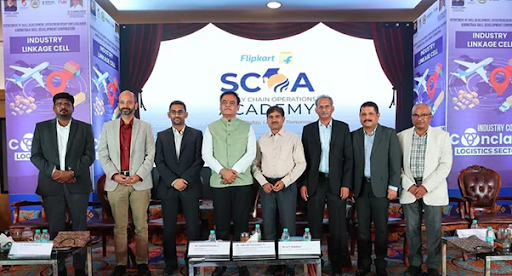
Industry Connect Conclave for the Logistics sector held in Bengaluru, in July 2022
The Industry Linkage Cell, thus formed, looks to bolster the hyperlocal skills ecosystem by transitioning from a supply-driven skills training model to a demand-driven model, through strategic collaboration with industry and academia by aligning training with the sector’s demand, and employing a hire-train-deploy model. These collaborations serve to achieve the dual objectives of the ILC, that is, Accessibility and Quality.
The main functions of the ILC are as follows:
-
Facilitating establishments and industry associations to empanel with KSDC under CMKKY as Vocational Training Providers
-
Designing a structured framework for industry connect, capturing skilling and employment trends from the industries through skill gap analysis to understand existing and future skills demand
-
Developing new job roles and updating the curriculum of existing job roles under CMKKY as per industrial requirements based on the inputs from the industry and current trends
-
Collecting regular feedback from the employee and employers to enhance the quality of training
-
Organizing virtual/real-time job fairs at the district level to cater to the immediate requirements of industries
-
Conducting regular Industry Connect Conclaves along with Sector Skill Councils to provide a platform of convergence for government, industry and academia
At the district level, through the District Skill Mission, regular conversations with the industry representatives are held to capture demand, and Industry Connect Conclaves are conducted. The establishments and associations interested in being training partners are put on a fast-track accreditation process and supported by the team at KSDC.
The District Skill Development Office (DSDO) supports the industry-Training Partner in mobilizing, counselling and training the candidates. On completion, the candidates are absorbed by the establishment and are industry-ready from Day One.
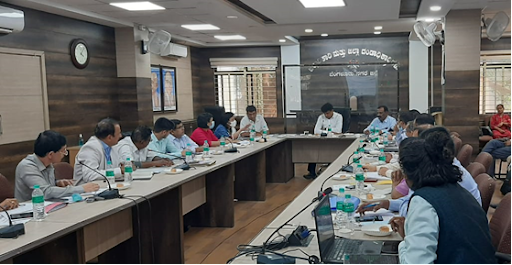
TPs under ILC, Sansera Engineering and ESDC participating in the District Skill Committee meeting
Industry Connect Conclaves in the Agriculture, Electronics and Logistics sectors were conducted in Bengaluru during 2022-23. Industry associations such as the Electronics City Industries Association (ELCIA) have been onboarded as Training Partners for these initiatives. Skilling of candidates through MoUs with Flipkart, Sansera Engineering, Ecom Express, Aequs and Kaynes Technologies has also seen increasing adoption.
The role of the Mahatma Gandhi National Fellows and the District Skill Mission is paramount in effectively identifying the partners who will support the skilling initiatives of the state and in organizing the Industry Connect Conclaves. Post accreditation, regular visits along with the District Skill Development Officers for monitoring and evaluation contributes to ensuring the initiatives’ success.
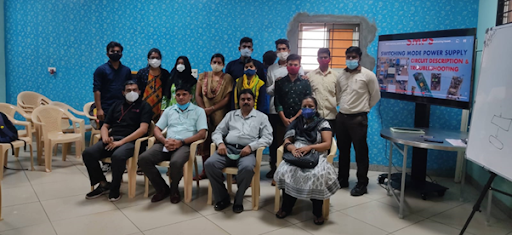
Visit by MGNF to ELCIA Skill Development Centre (ESDC), instituted as a TP under ILC
This industry interface in skilling decreases attrition as the candidates are counselled and exposed to working conditions during their training period. Guaranteed employment has also reduced the dropout rates in the CMKKY program while attracting women candidates. The initiative has ushered a new ray of hope for thousands of unemployed candidates looking to get gainfully employed in a sector of their choice, whilst catering effectively to the needs of the industry. ILC will no doubt increase the disposable income of the rural youth, with employment opportunities paving the way for equitable prosperity in the near future.
References:
Industry Linkage Cell - Concept Note
Industry Linkage Cell - Brochure


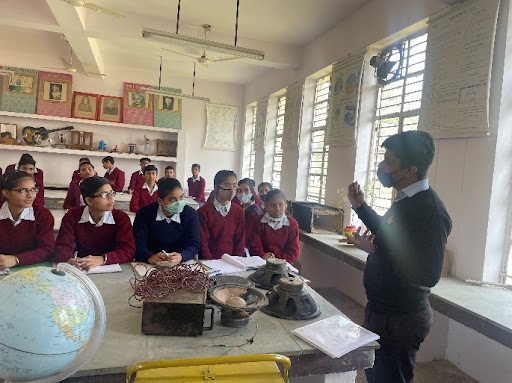
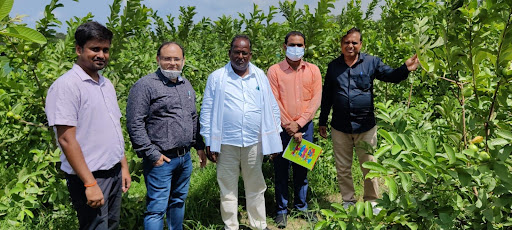


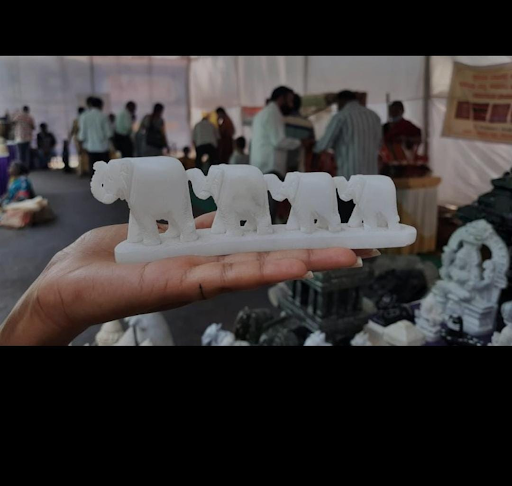
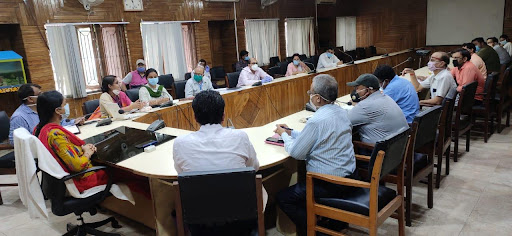

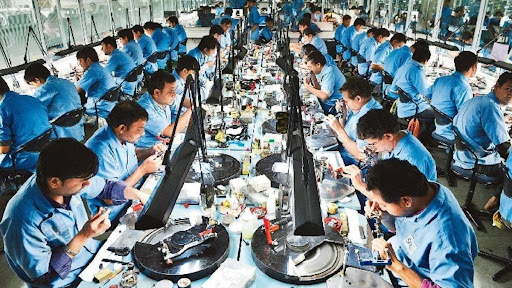



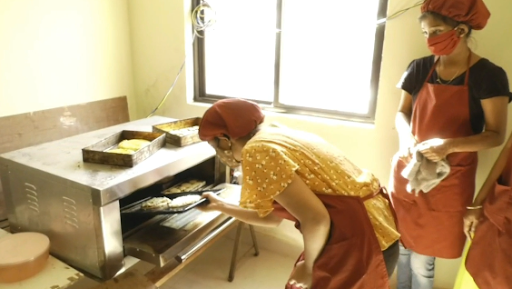
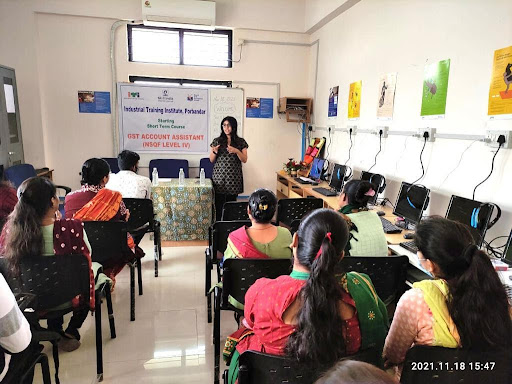
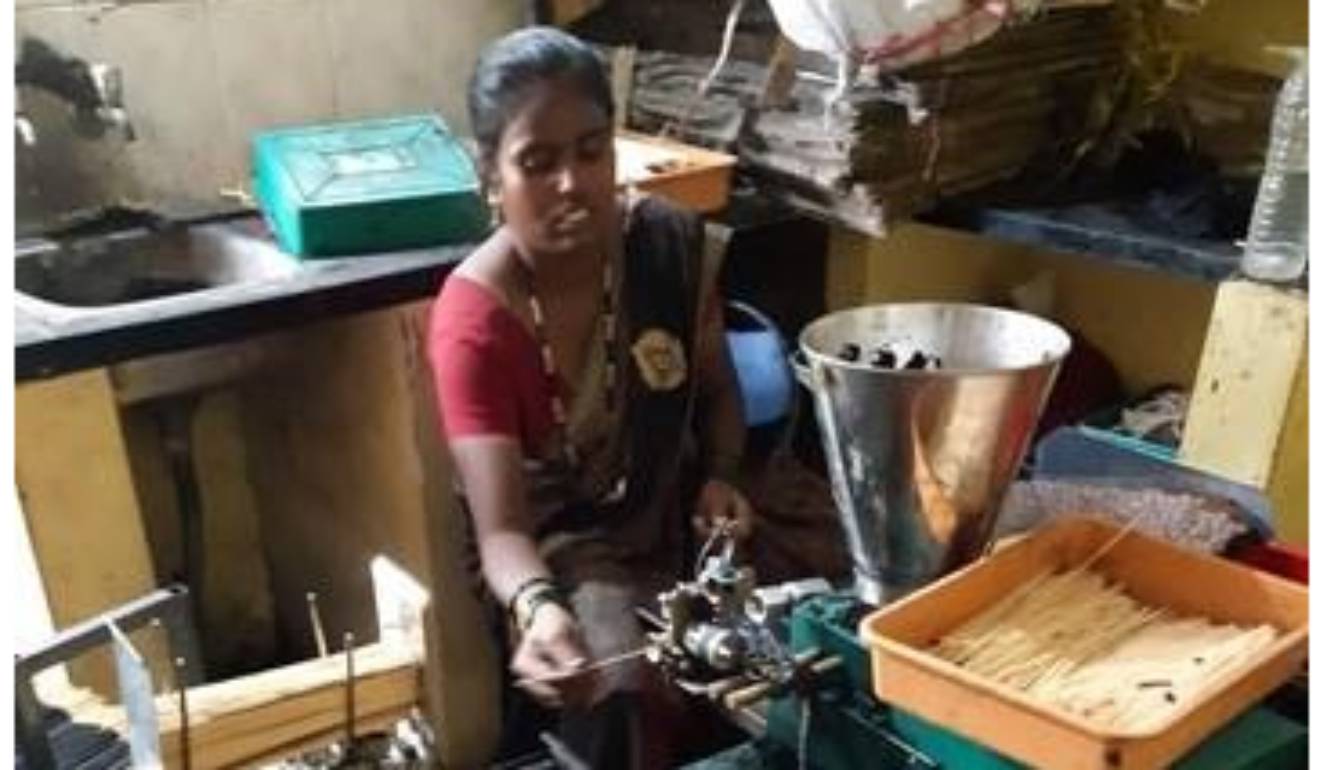
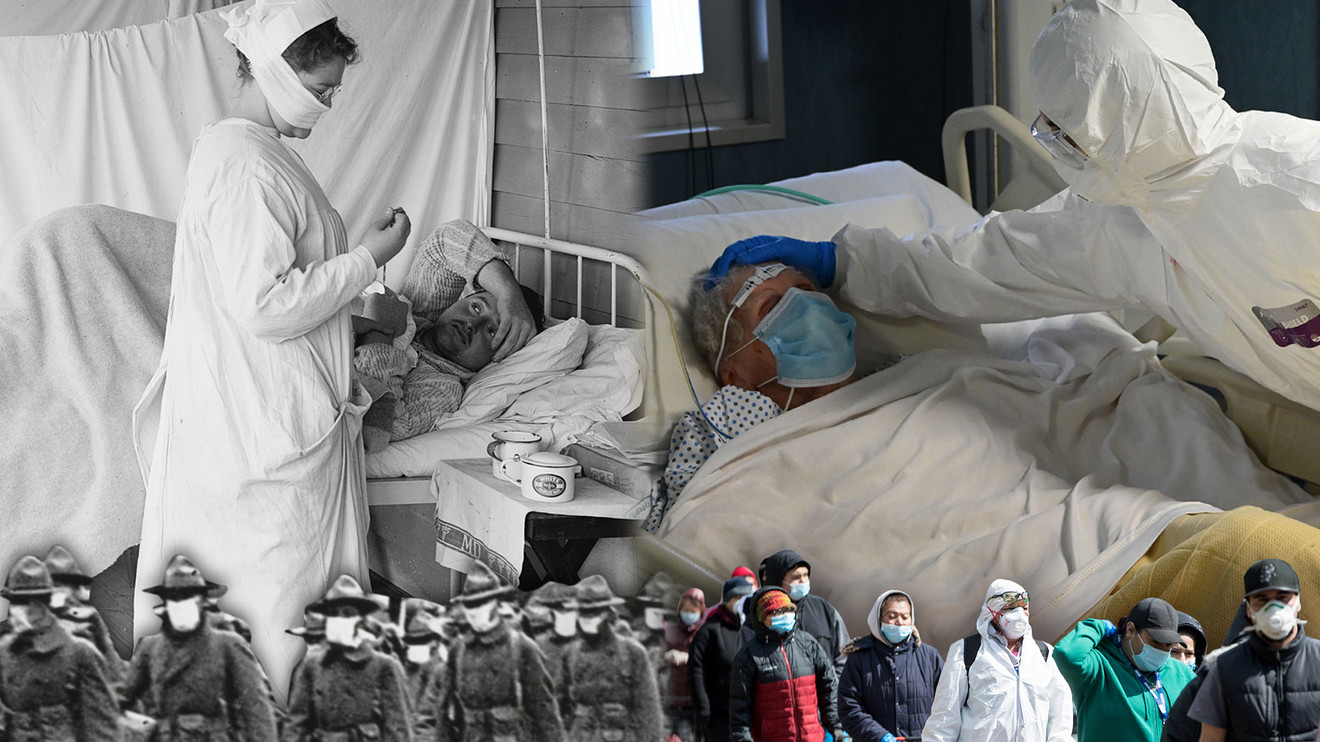


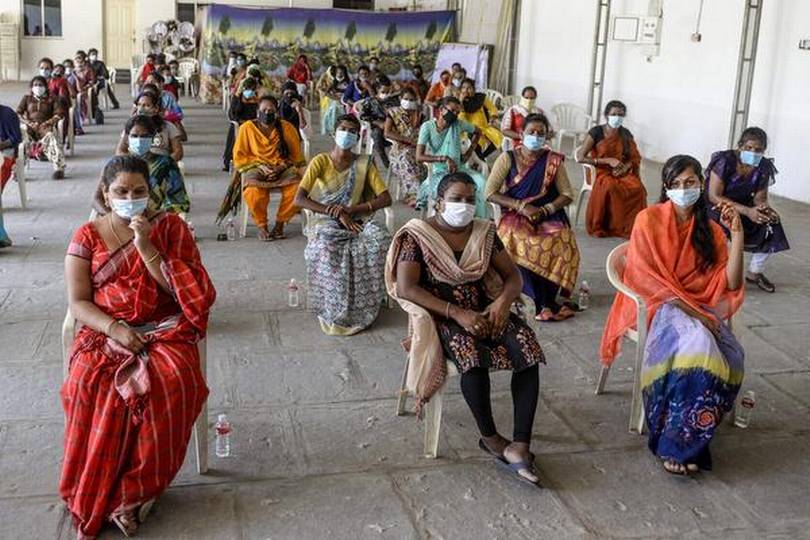













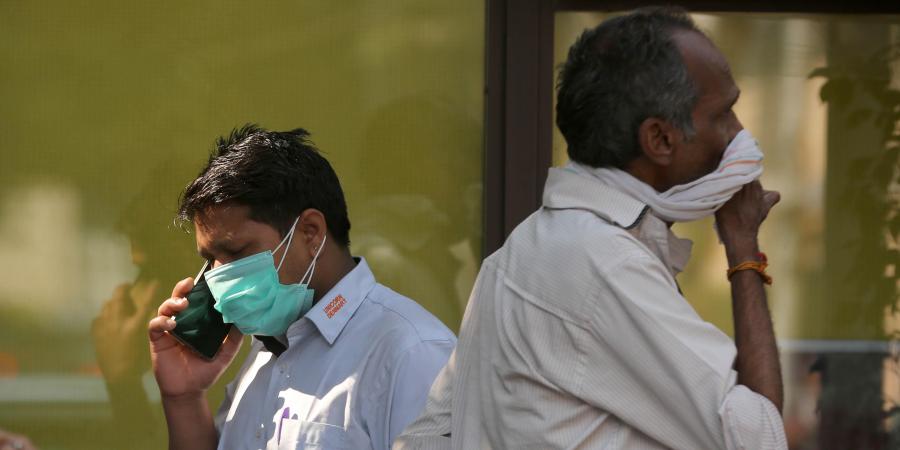
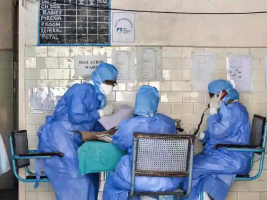



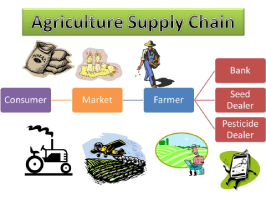
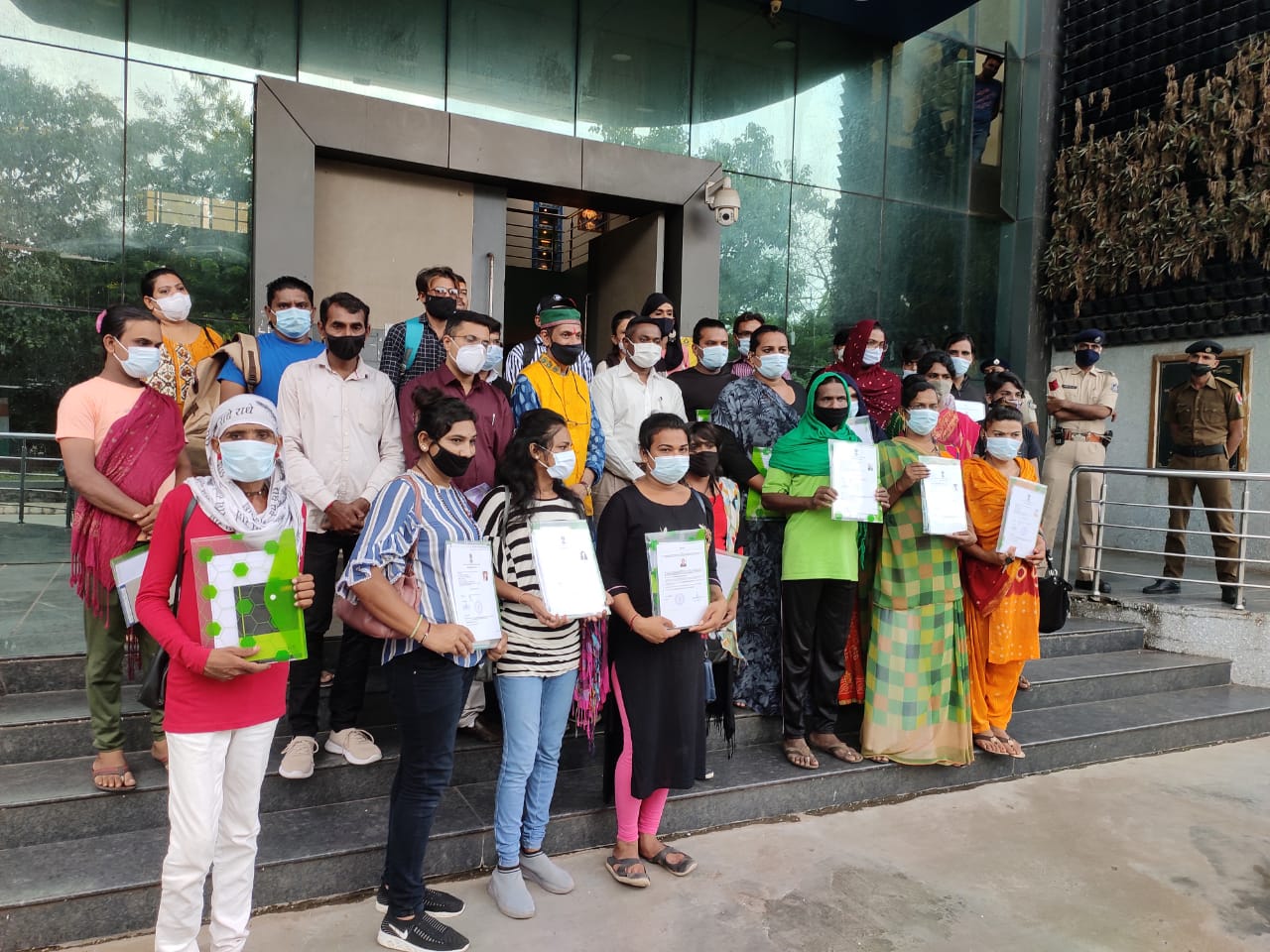
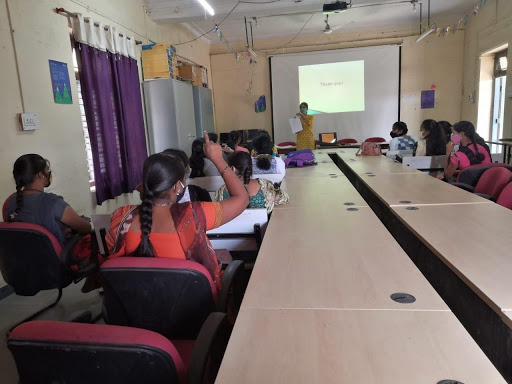



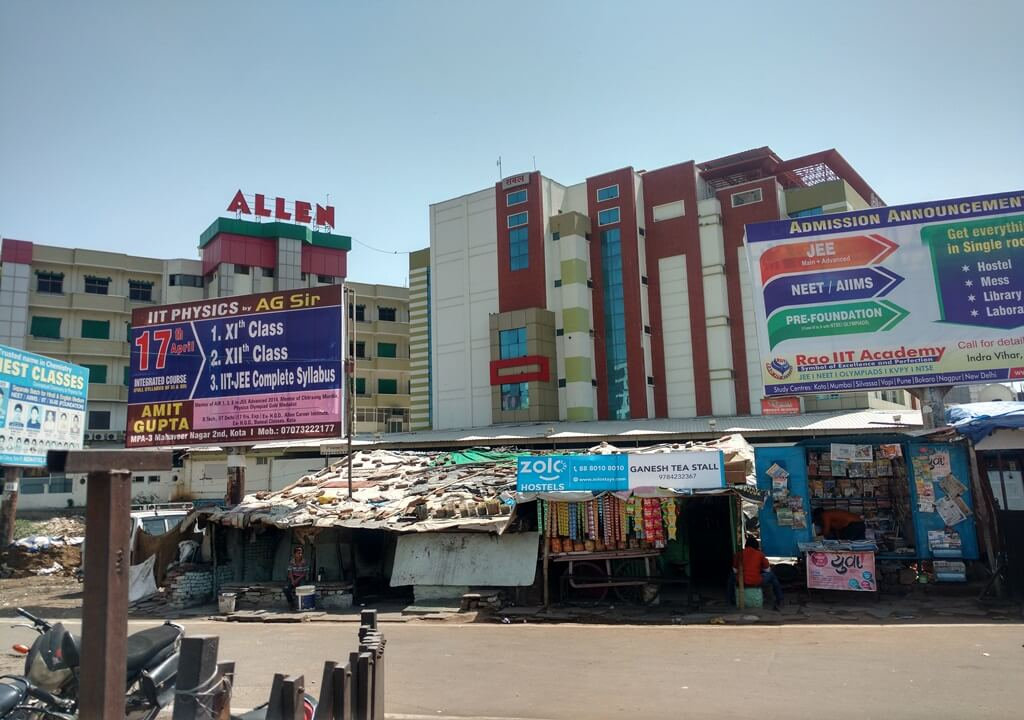
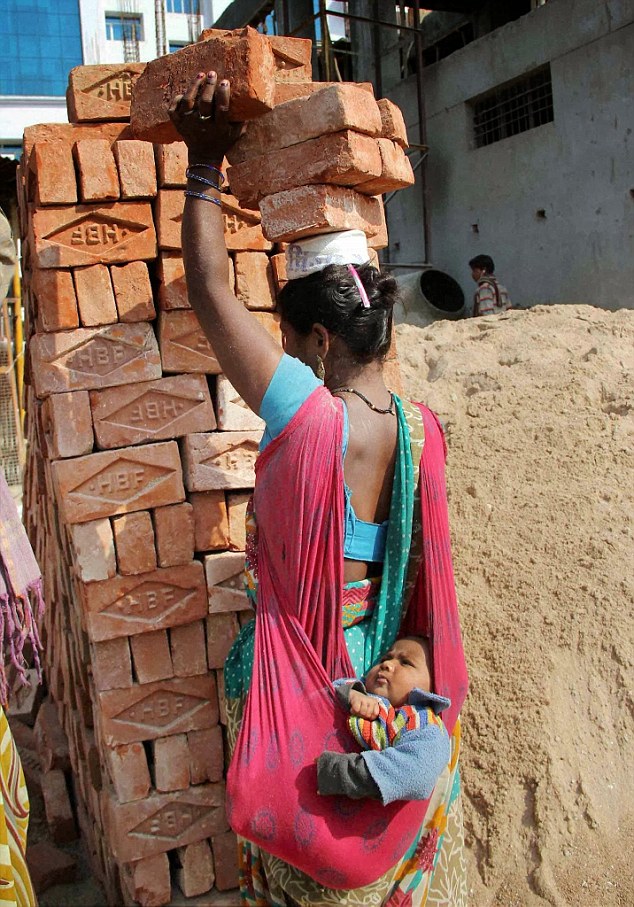

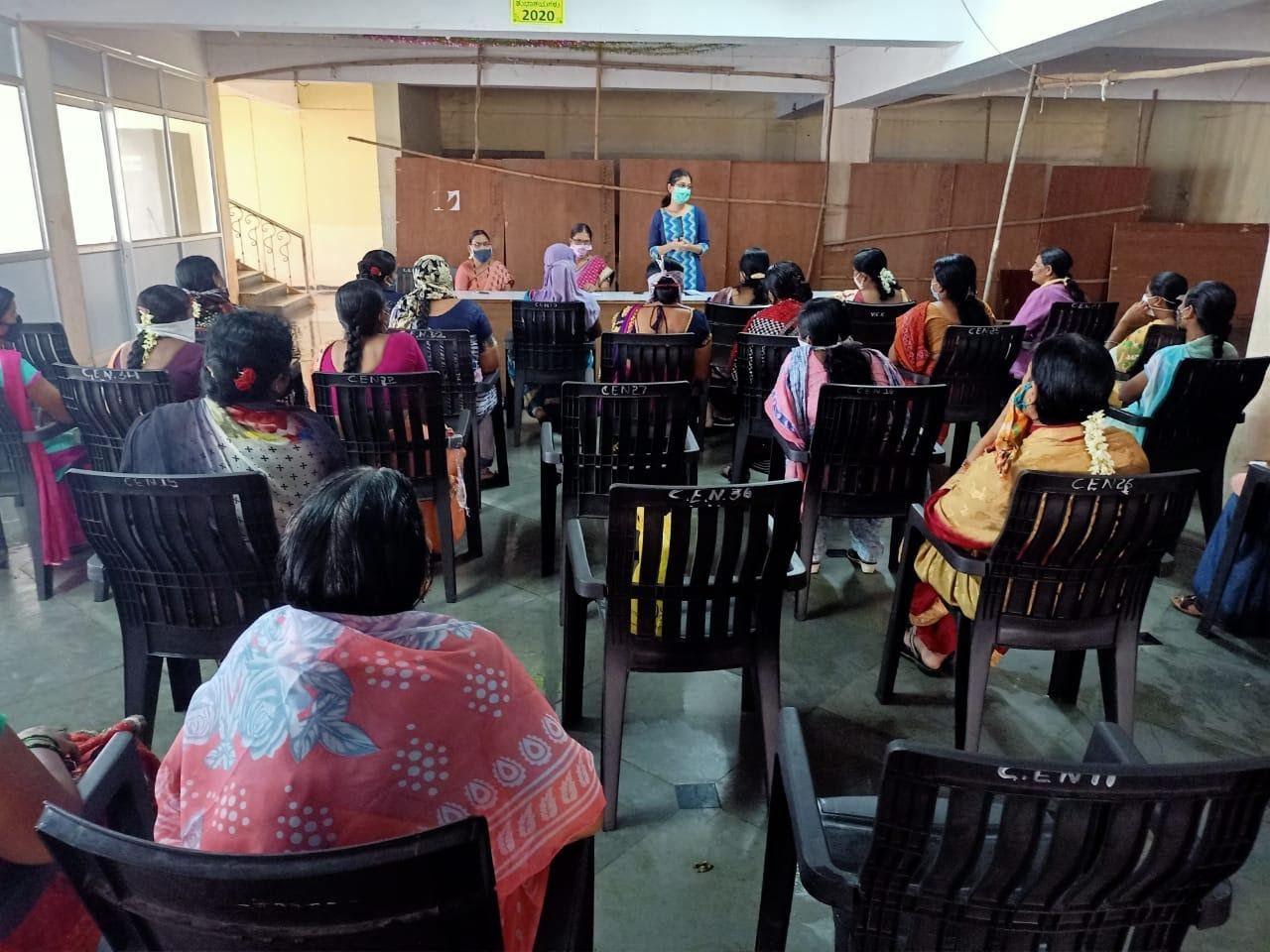




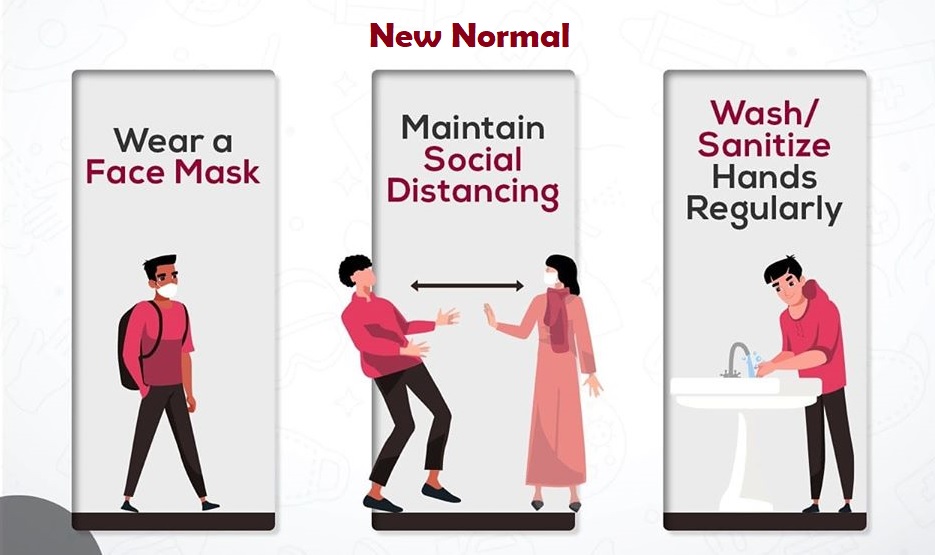
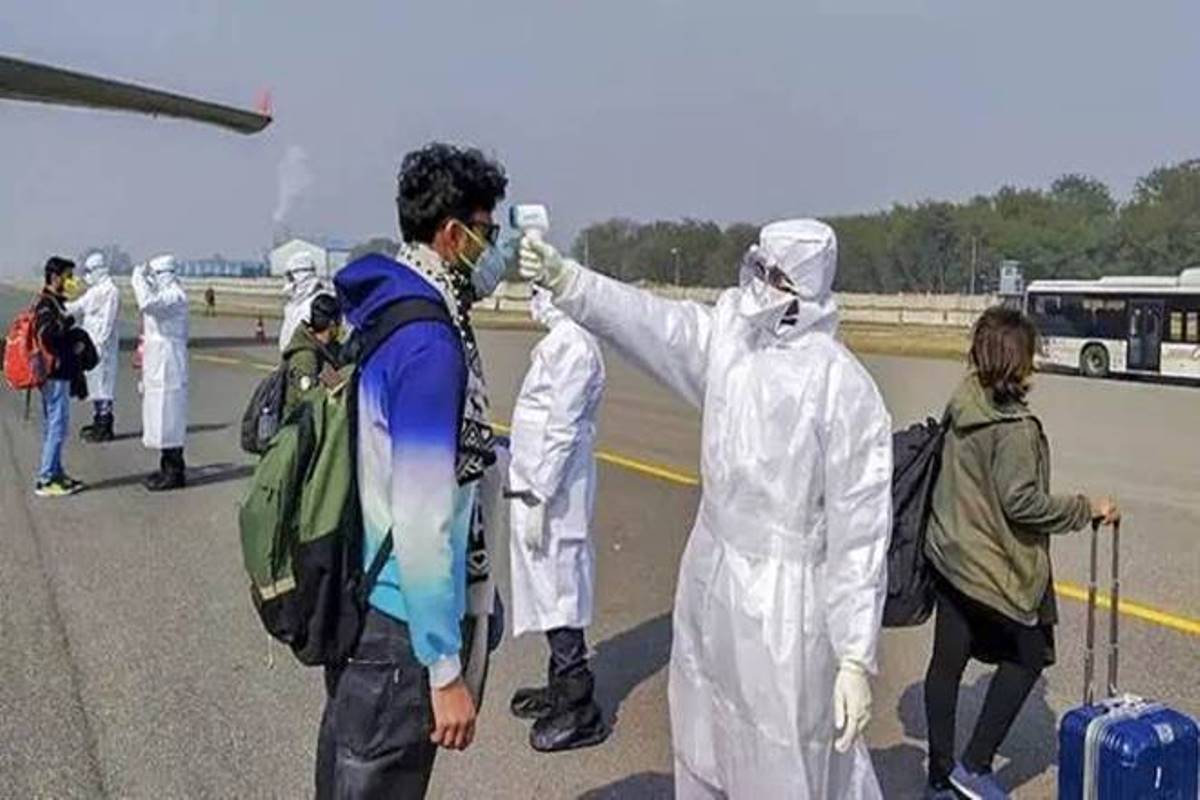

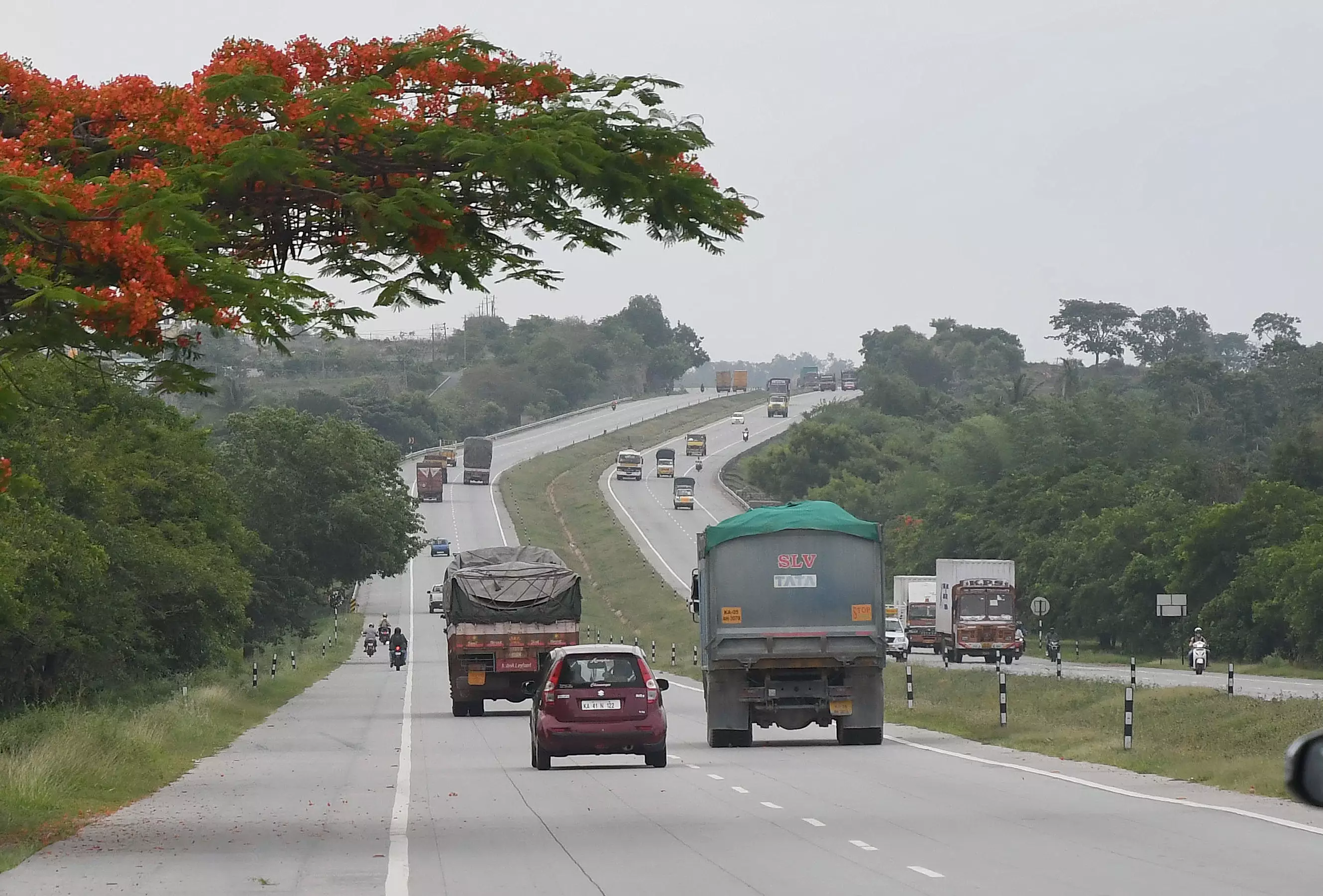
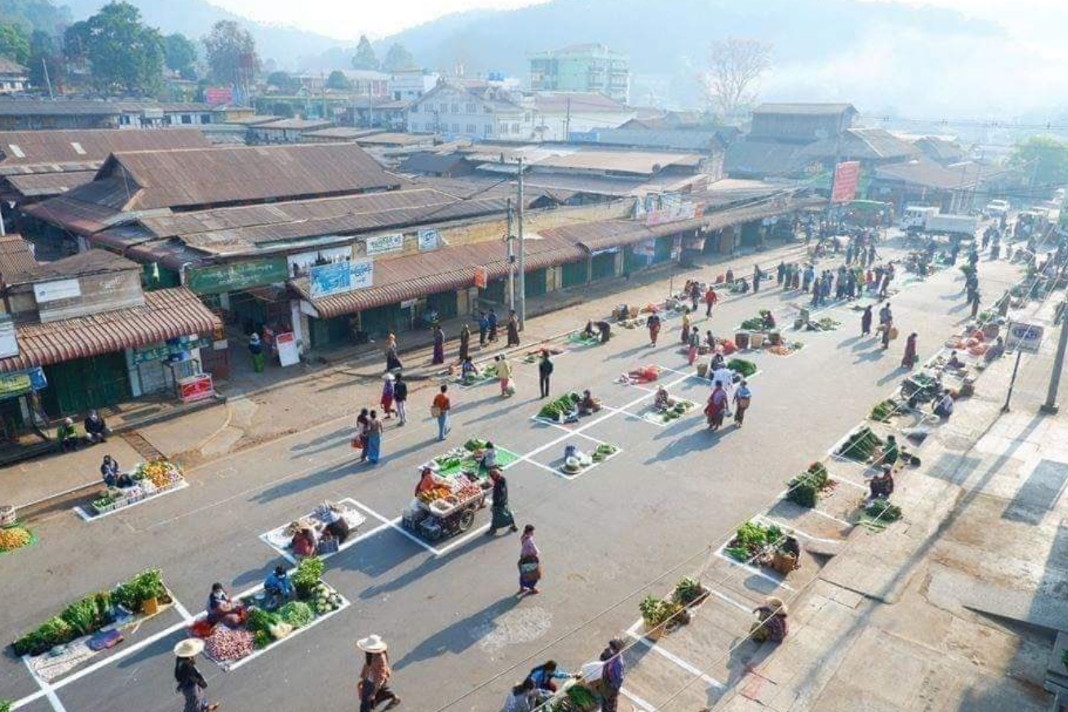

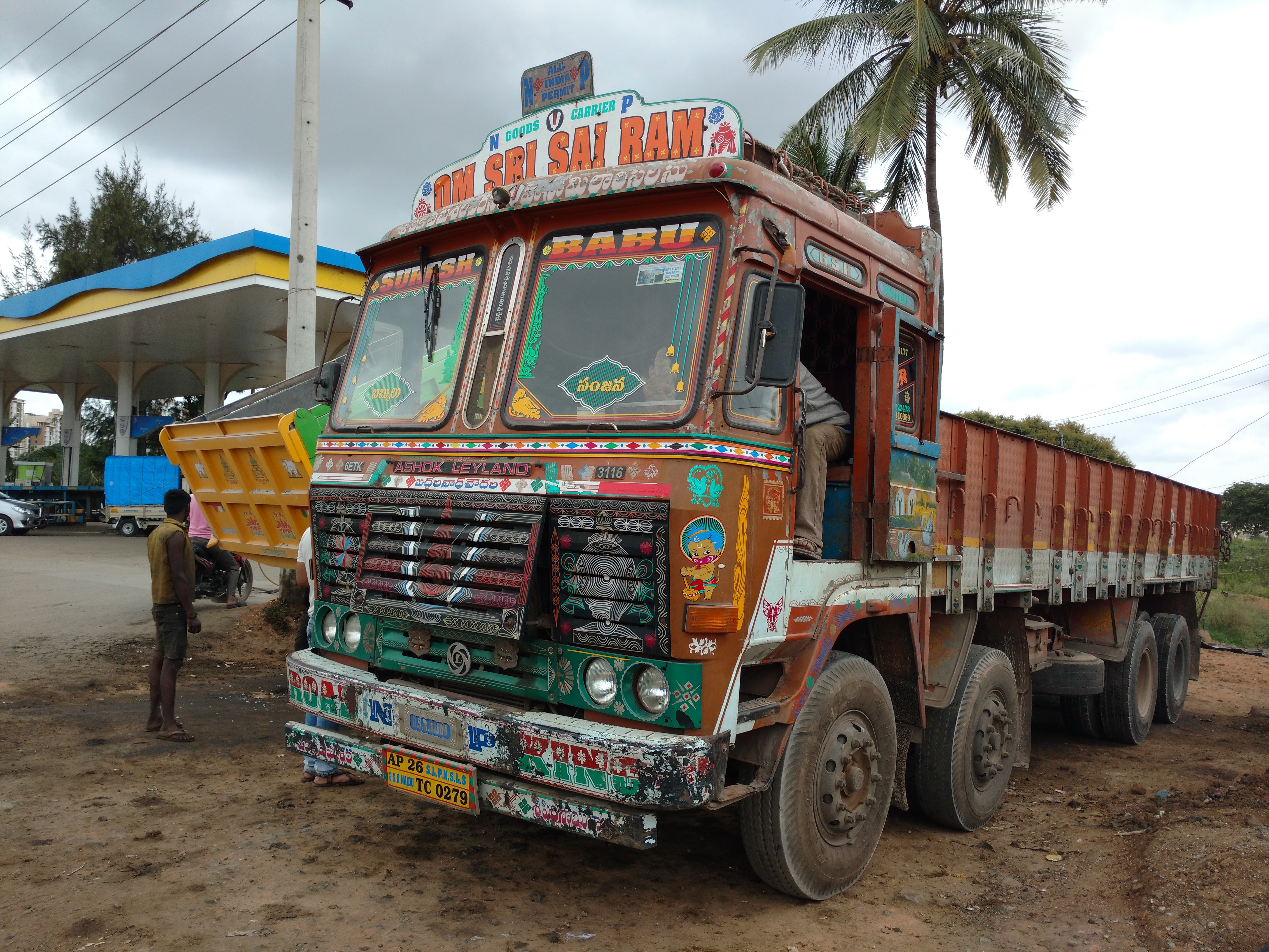



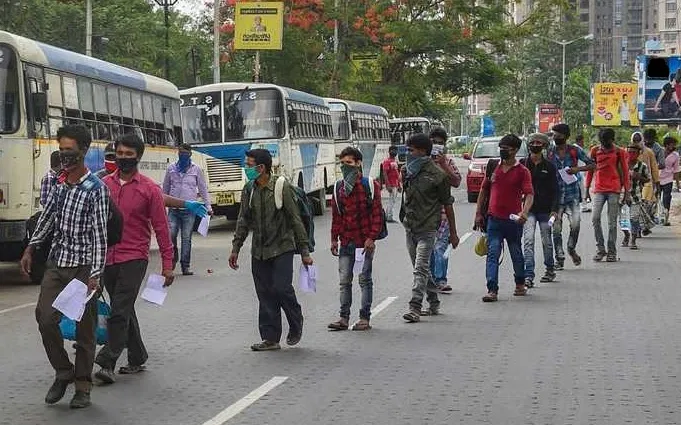



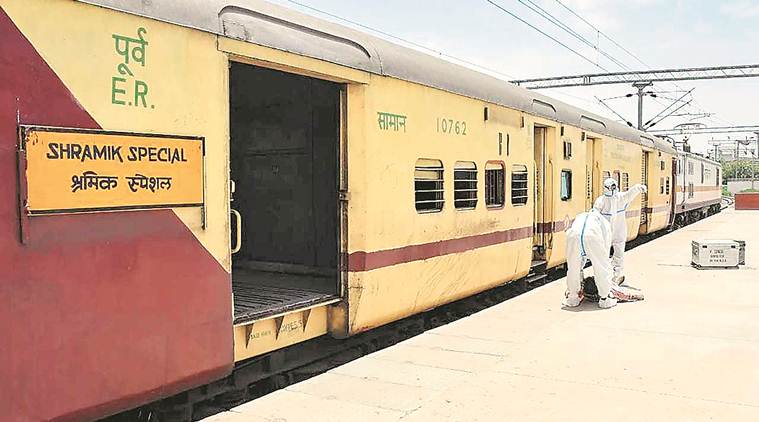





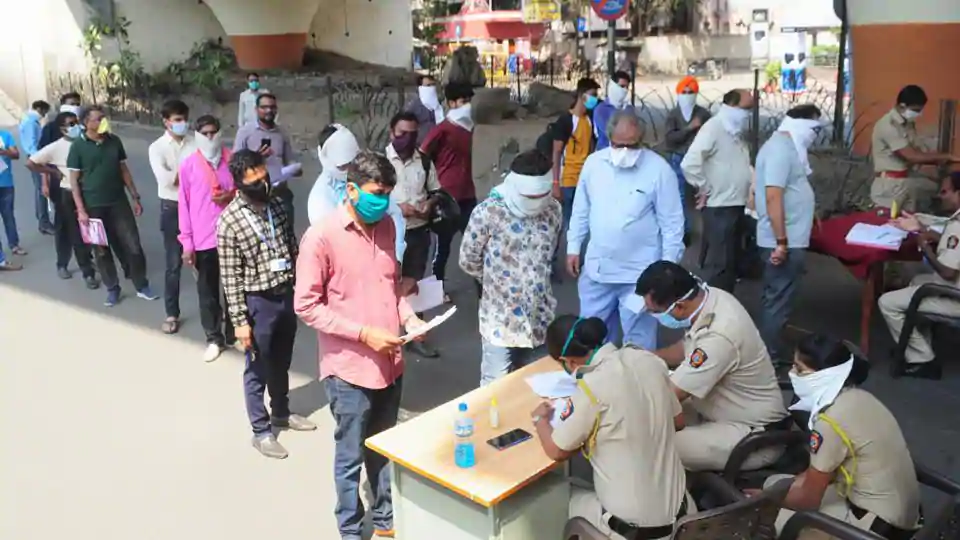
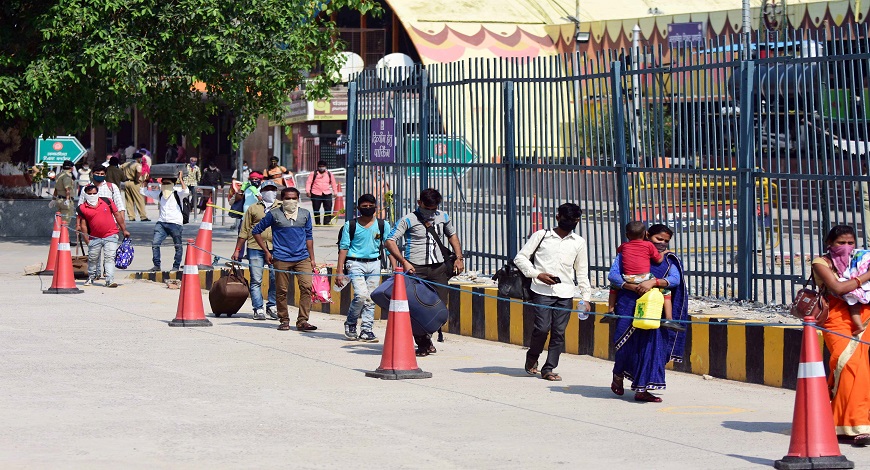
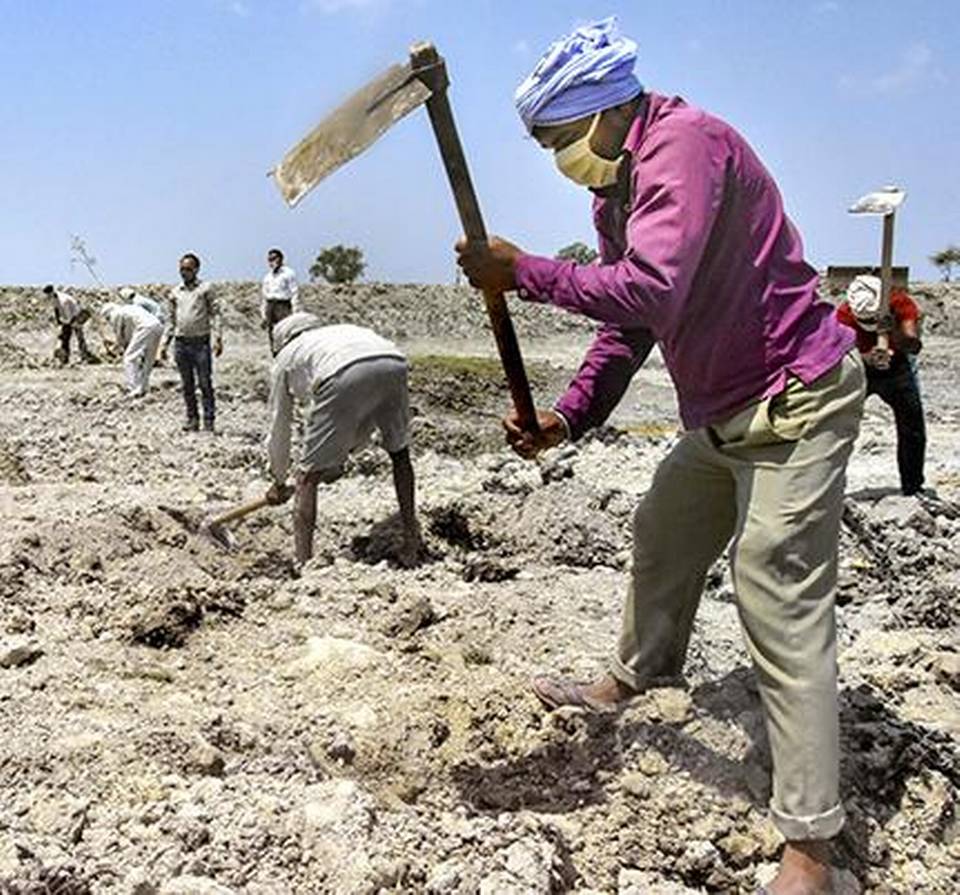
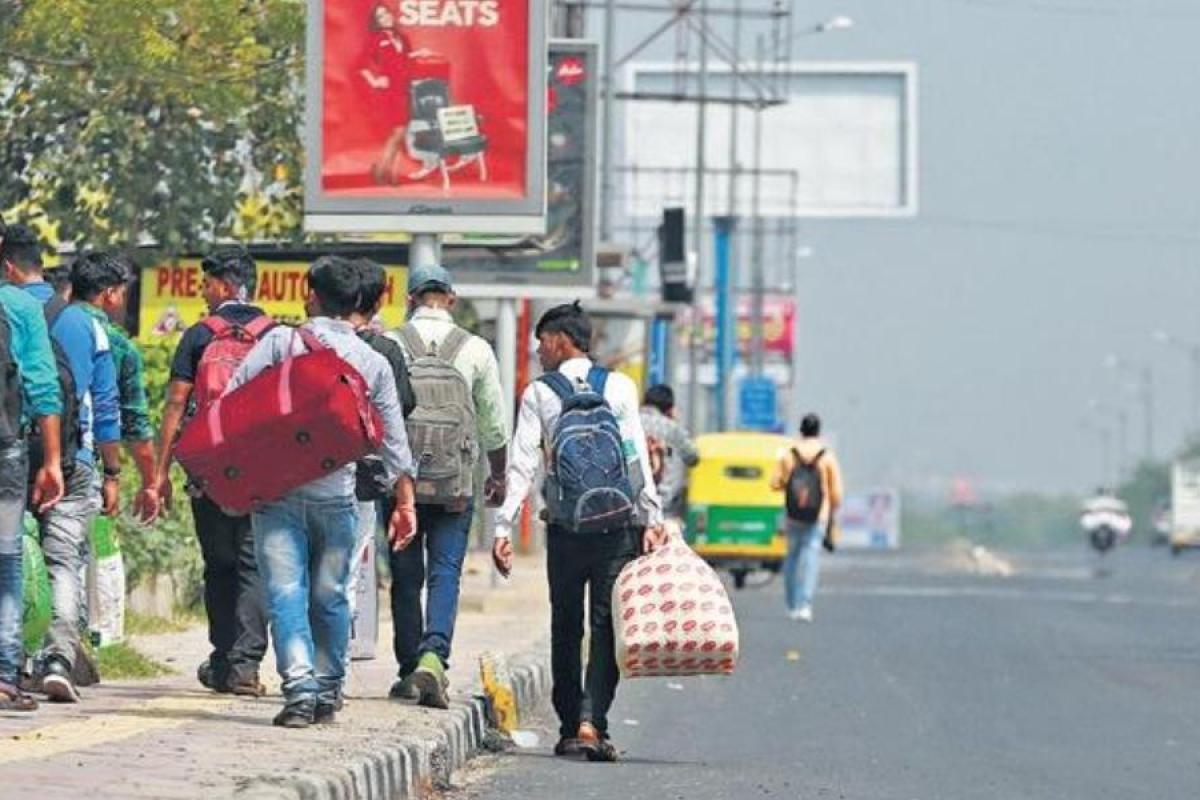
Navaneeth Ganesh
Meghamala C